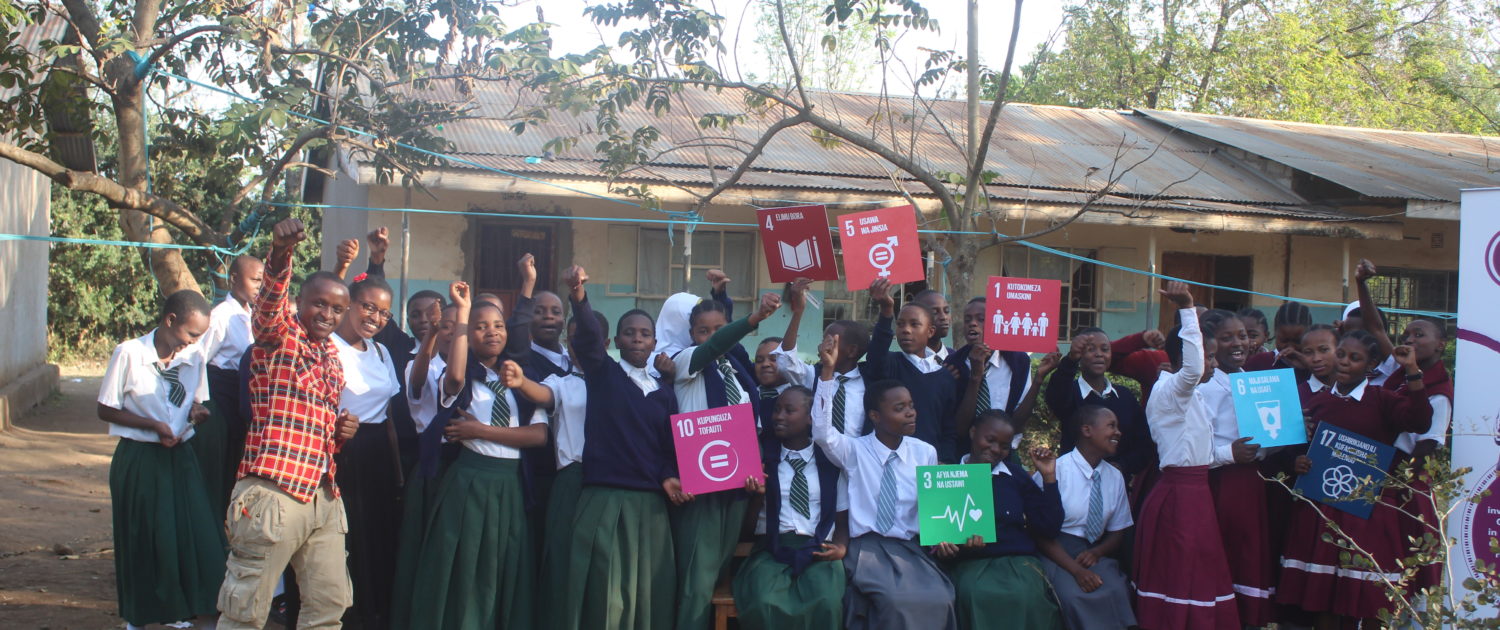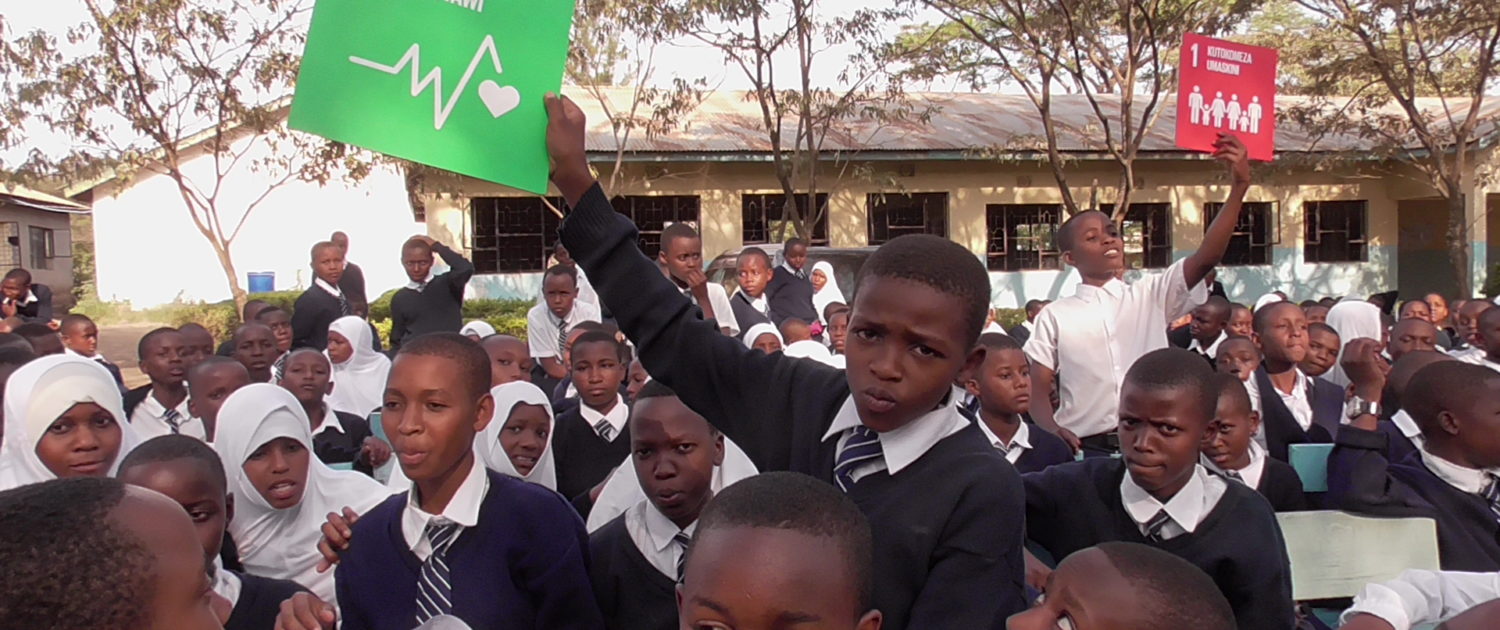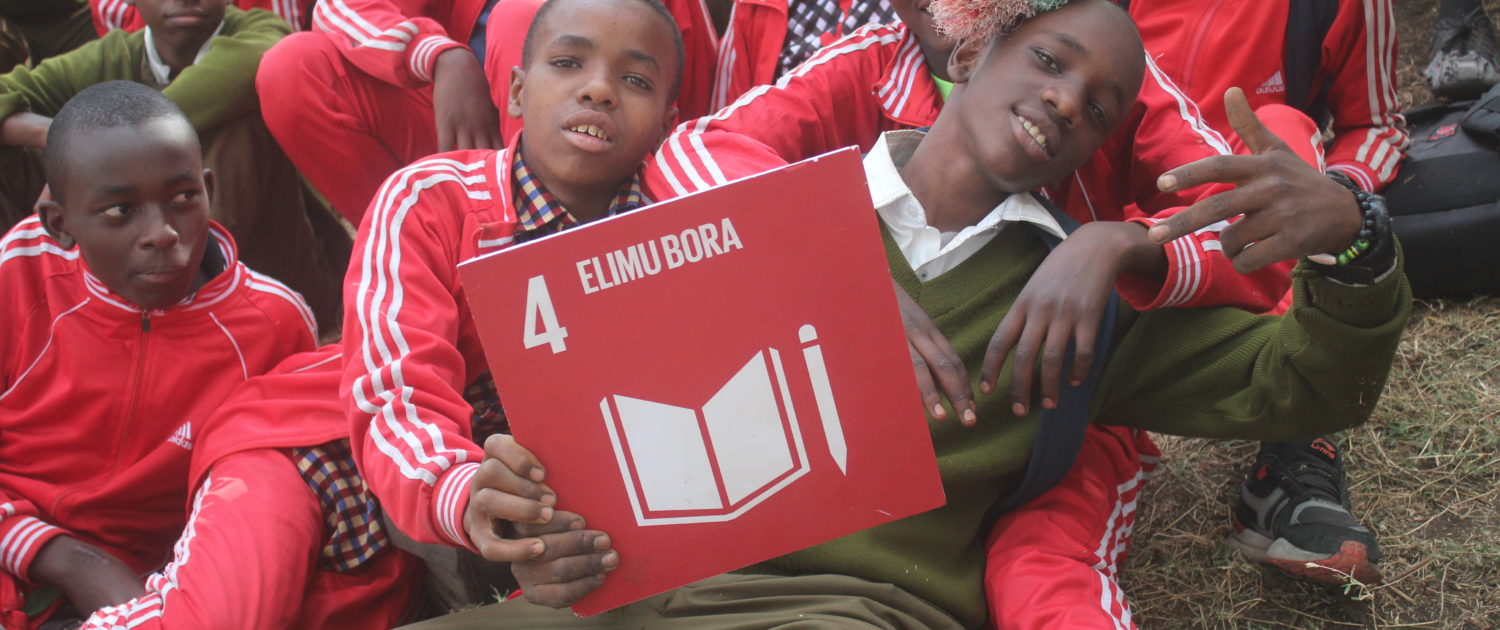The youth of Tanzania (15-35 years old) makes up about 35% of Tanzanias’ population, whereas children and young people (0-17 years old) represent about 50% of the total population. For us it is imperative to help this generation to unlock their mindset, teach them important life and business skills so that this generation full of hidden potential has a chance of a brighter future. Learn here what challenges they face:
Economy
The unemployment rate among youth (15-34 years old) remains at 13.4% due to limited financial services, inadequate knowledge and lack of skills, corruption and poor coordination of various youth funds programs.
Education
7 out of 10 students believe that the old model system of education doesn’t impede youth to reach educational goals. Furthermore, the school dropout rates for girls due to early pregnancy remain high and the illiteracy level is increasing among out-of-school youth due to reduced emphasis on adult education across the education sector.
Civic Engagement
Although the youth makes about 50% of the population, they are hardly represented in decision-making bodies due to inadequate friendly civic and government education and information, corruptio and lack of perspective.
Our Mission and Vision
Our Vision
A Tanzanian society with unlimited possibilities and transformative opportunities for youth is VOYOTAs vision.
Our Mission
To support Youth efforts by promoting social welfare through research, vocational trainings, economic empowerment, awareness raising, networking and advocacy.
Our Objectives
- Enhance Life Skills Education and Human Rights
- Support Provision of Health Education
- Promote Advocacy, Accountability and Civic Leadership Skills to the youth
- Provide Education on Environmental Conservation
- Support on Resource Management and Promotion of Domestic Tourism
- Provision of Entrepreneurship, Business Development and Management Skills
- Promotion of African Art and Culture Empowerment
- Encourage Volunteerism spirit in community socio-economic programs
- Enhance Community Education in water and sanitation hygiene
Our Approach
Our approach involves working with various partners through volunteers, communication for change, capacity building and development, empowerment, creating linkages and network, programs such as financial literacy, youth development and skills development.



